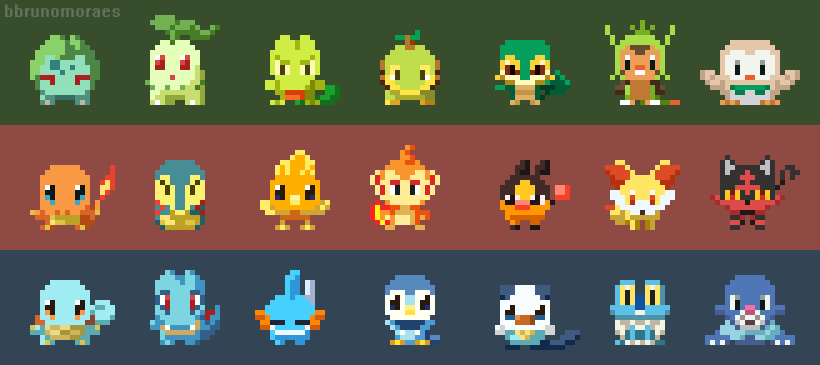Mbolibombo said:
I believe the NPD tracking period for the Halo 3 record setting month was a few days in to October and it had 10-11 days of tracking to get there. |
Train wreck said:
No, the NPD reporting period for September 2007 was Sept 2nd to October 6th, the game released on September 25th so it had 11 days of tracking. Smash has the benefit of launching earlier in the month and in December, nothing to take away from its sales (Smash will have 29 days of tracking for December's NPD). |
I wasn't trying to take away from Smash intentionally, this is why I asked beforehand. Because if Halo 3 only had 5 days of tracking to get to 3.3 mil, it would have sold essentially twice as fast as Smash, which didn't sound right considering Nintendo's recent U.S. records streak. It's odd that both have exactly 11 days tracked so far.
But either way this is great news! This means it should win the first FULL month of sales fair and square. Sales through December will be more consistent.
Still wish we got a FULL month of data to see how close or far the other exclusives are in the U.S.
























































